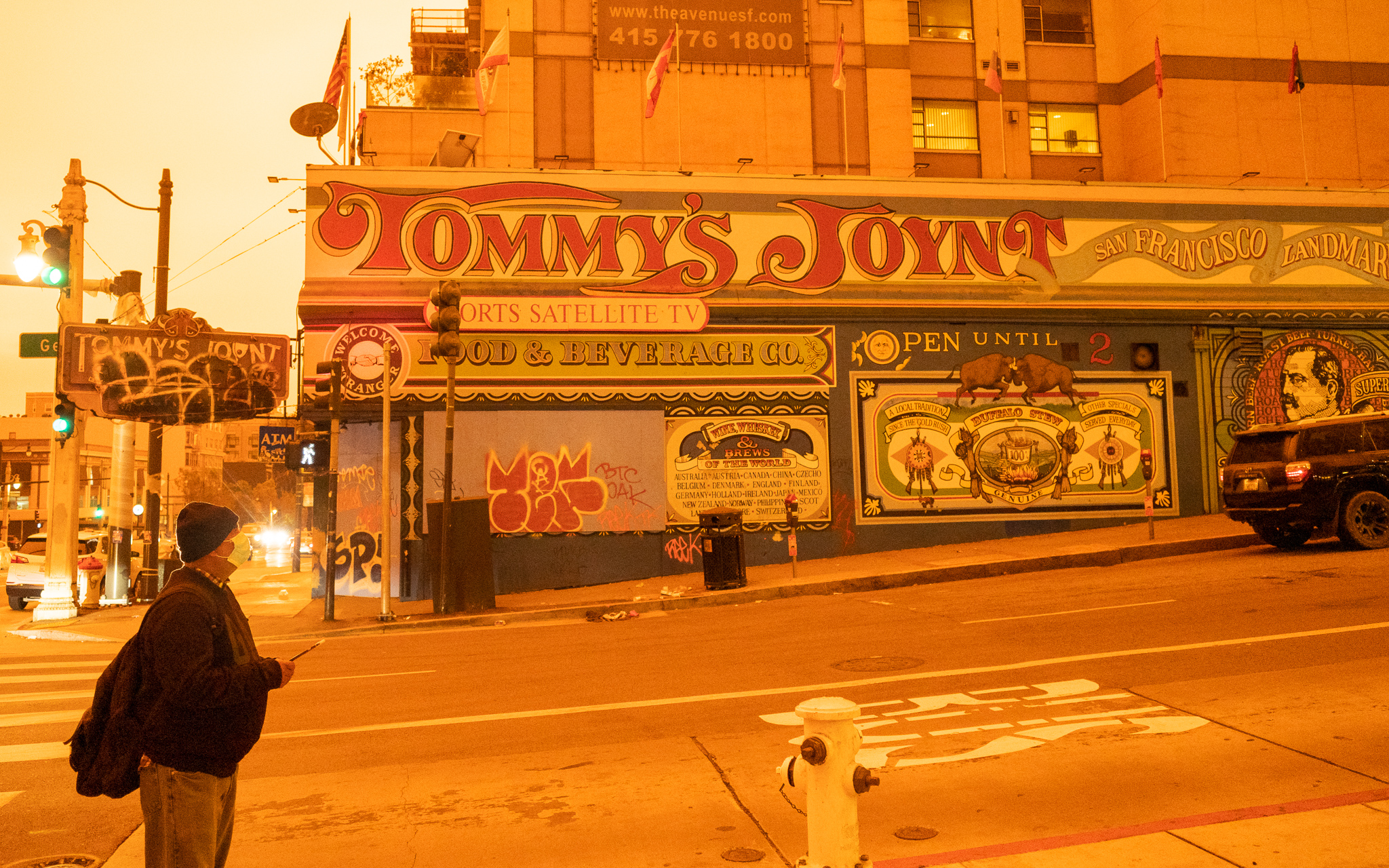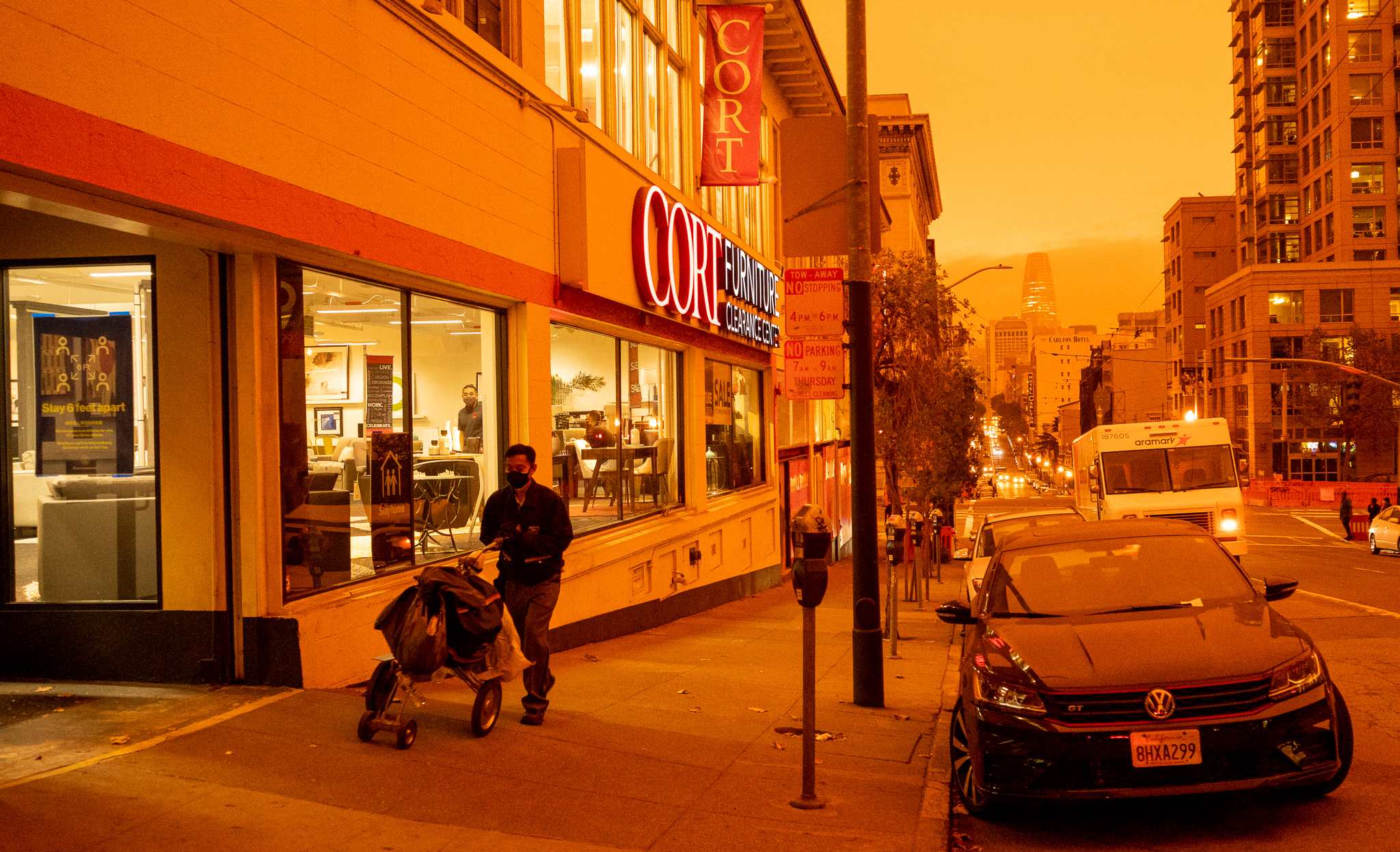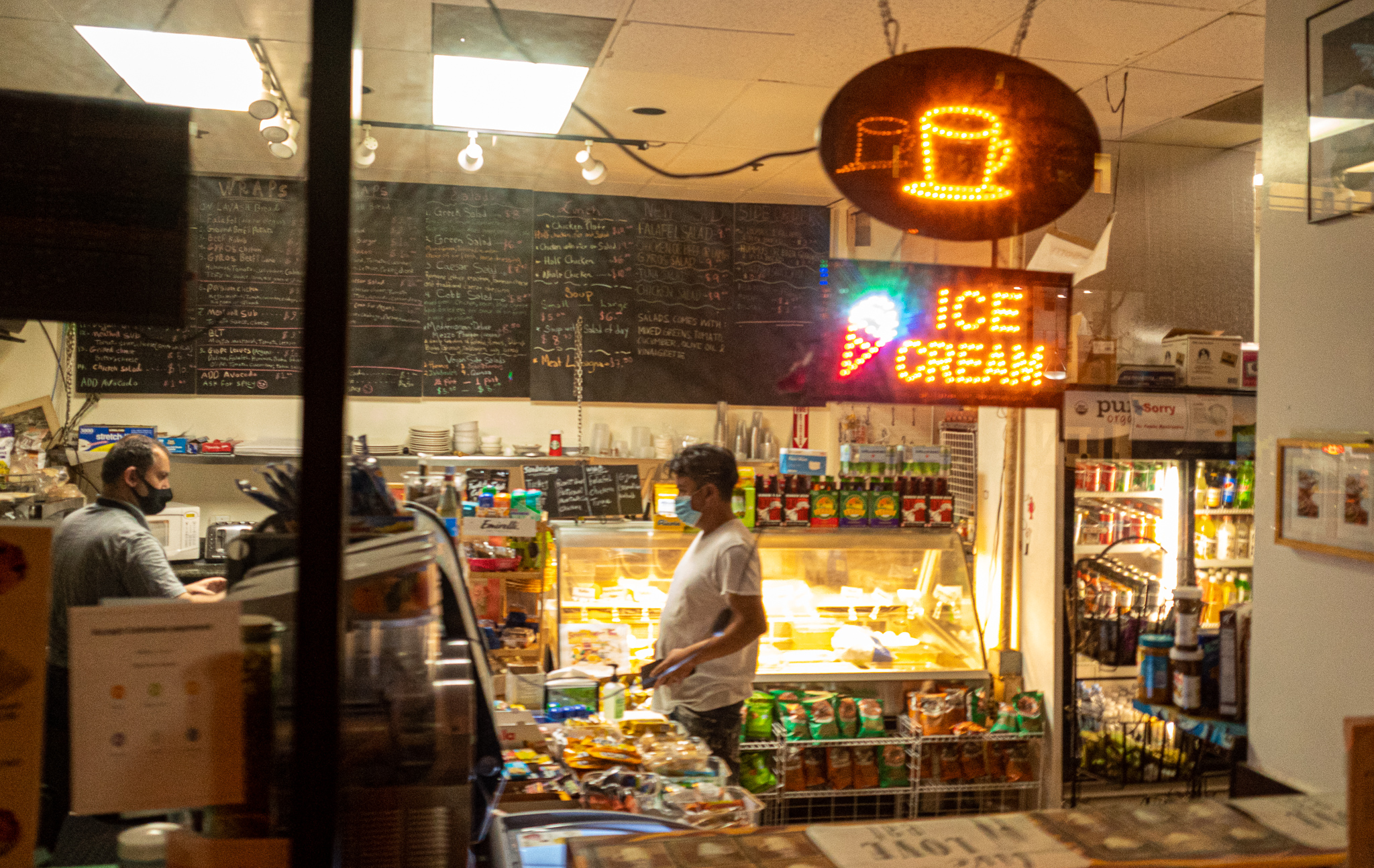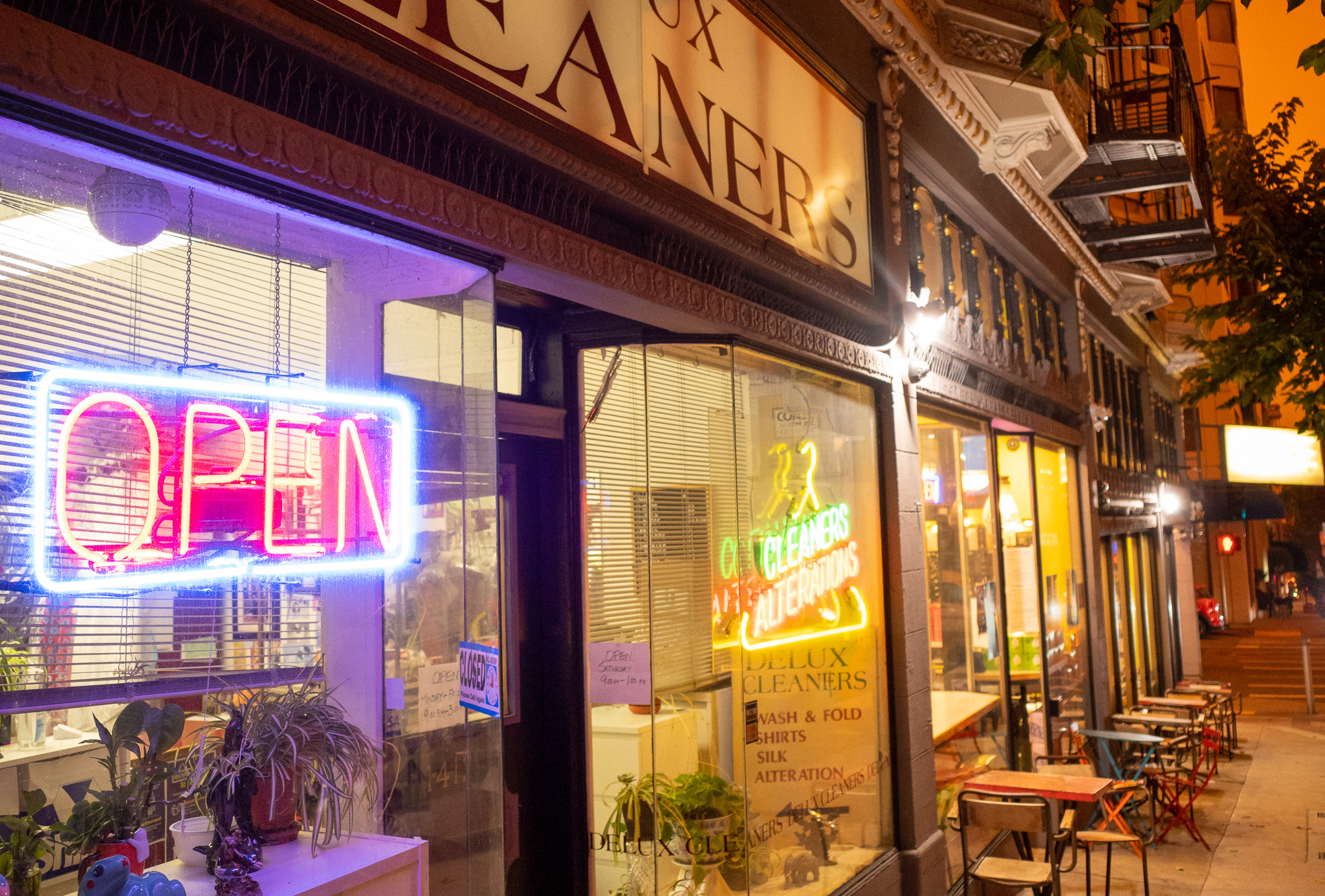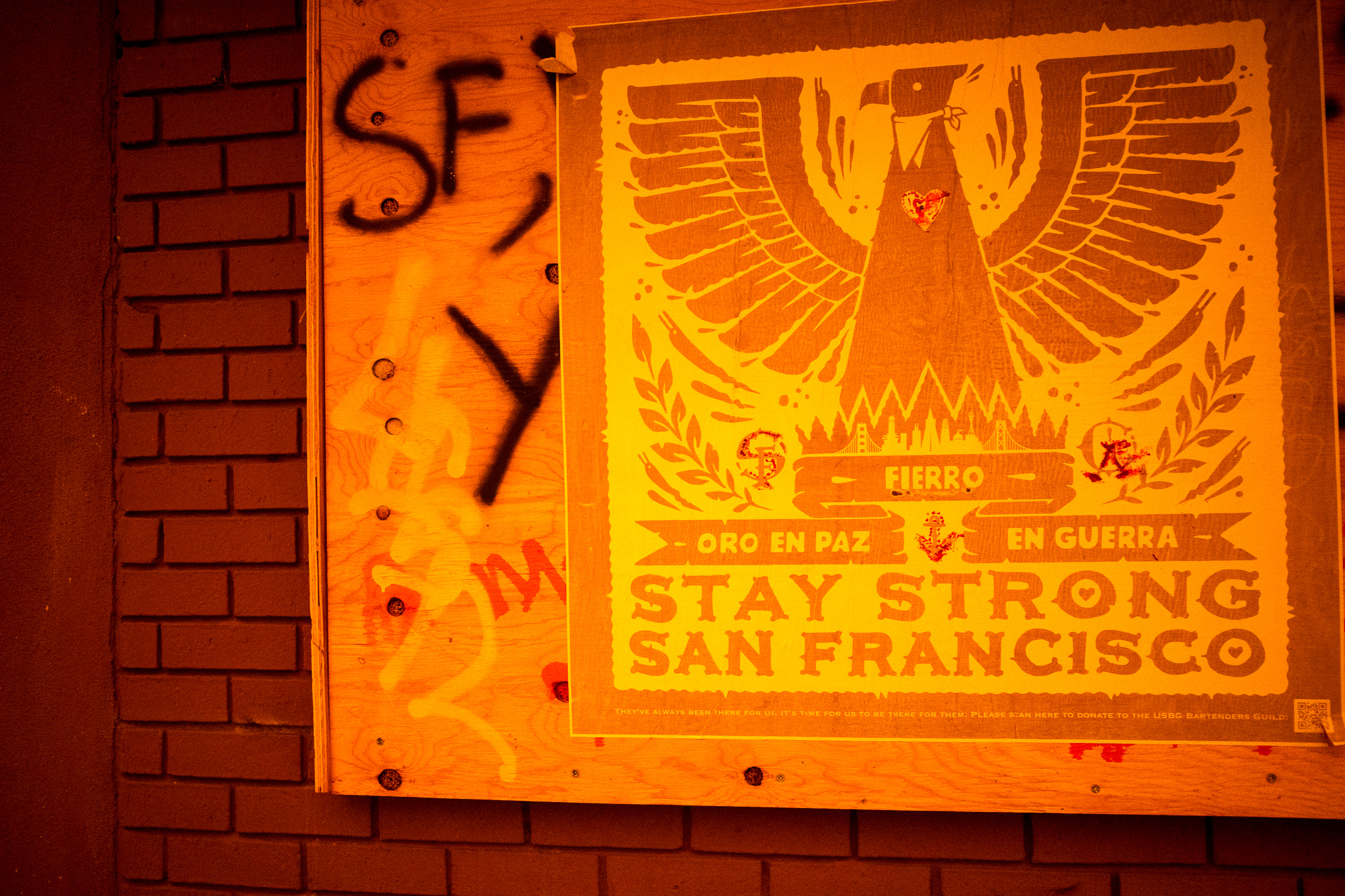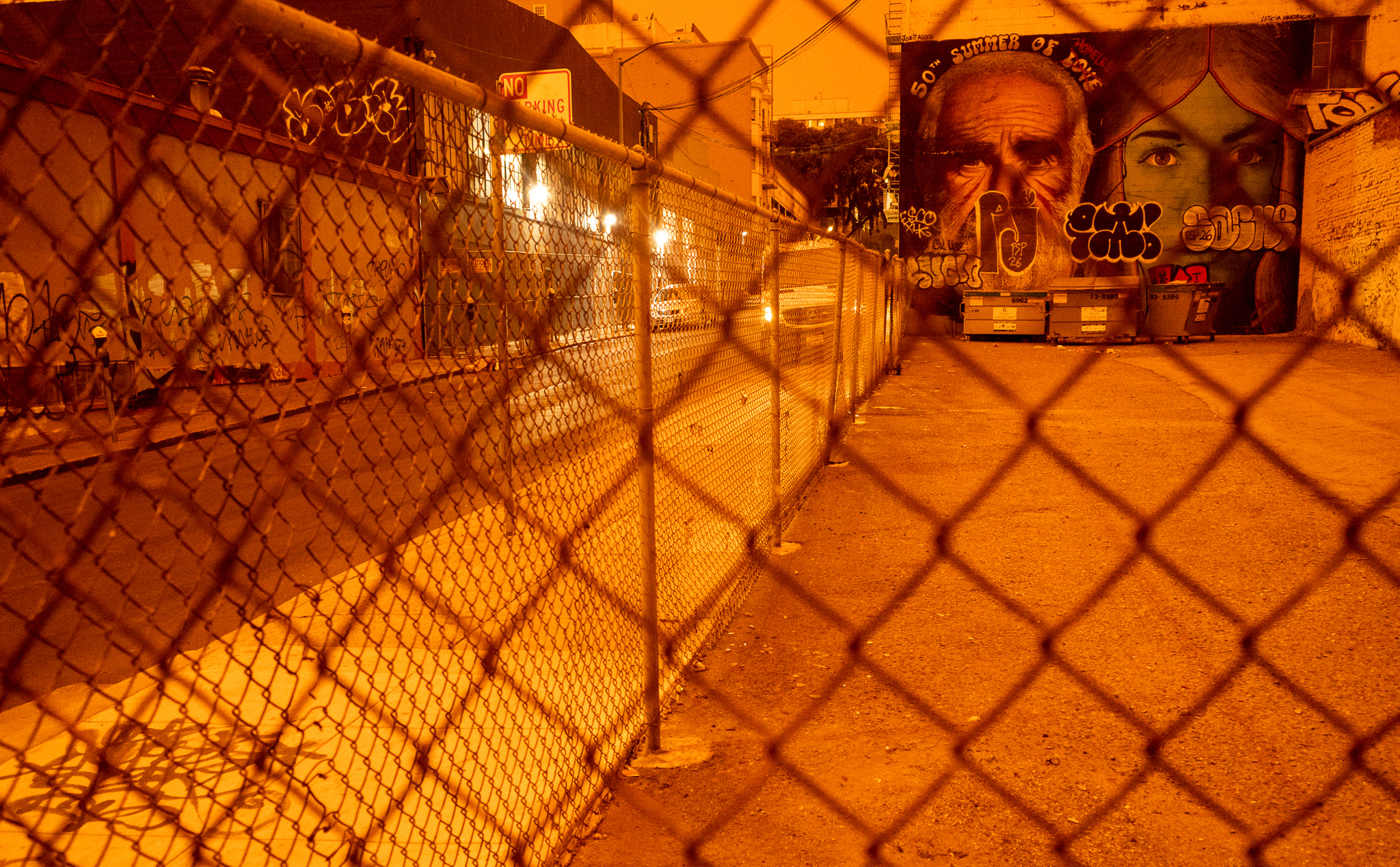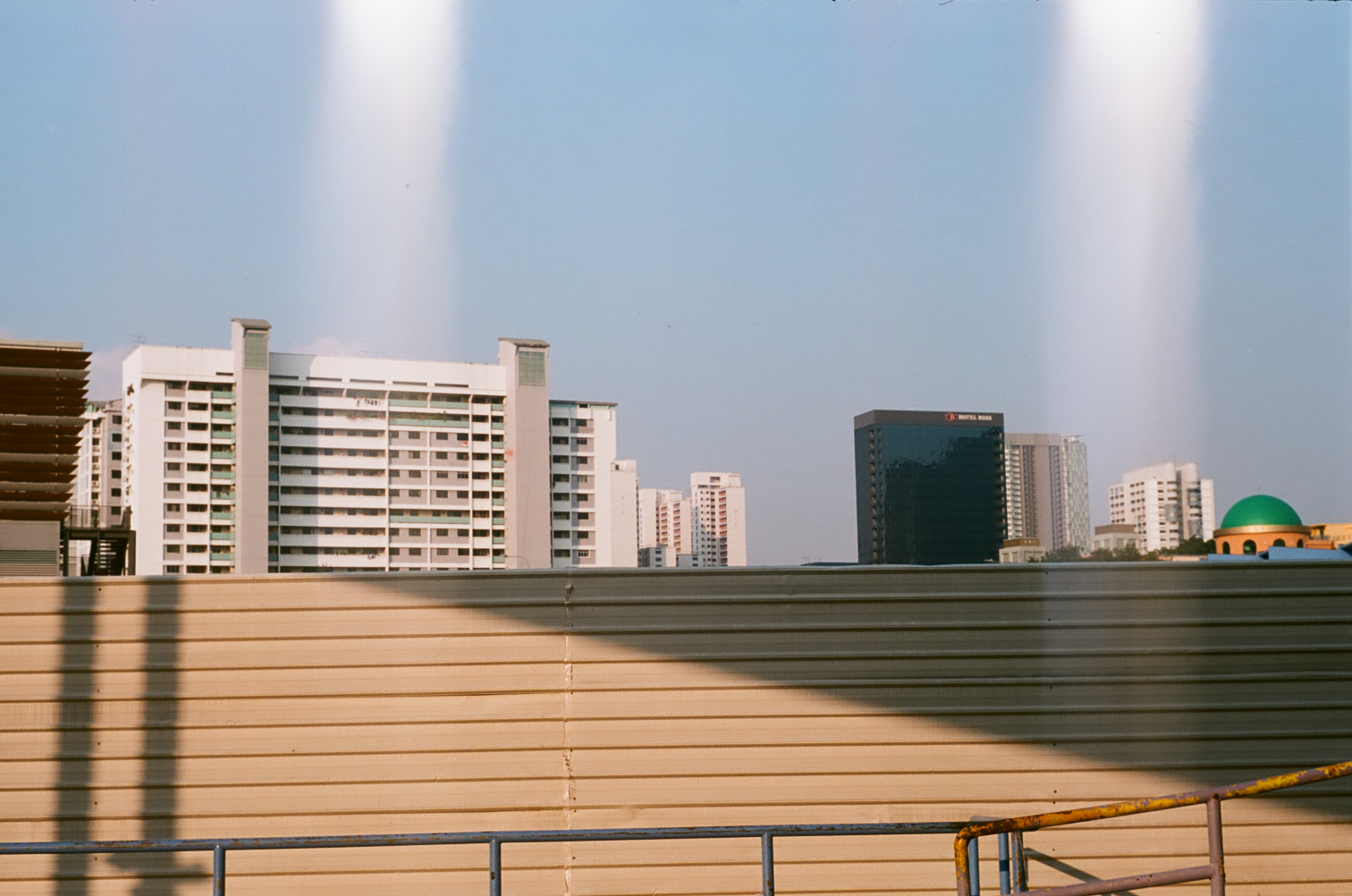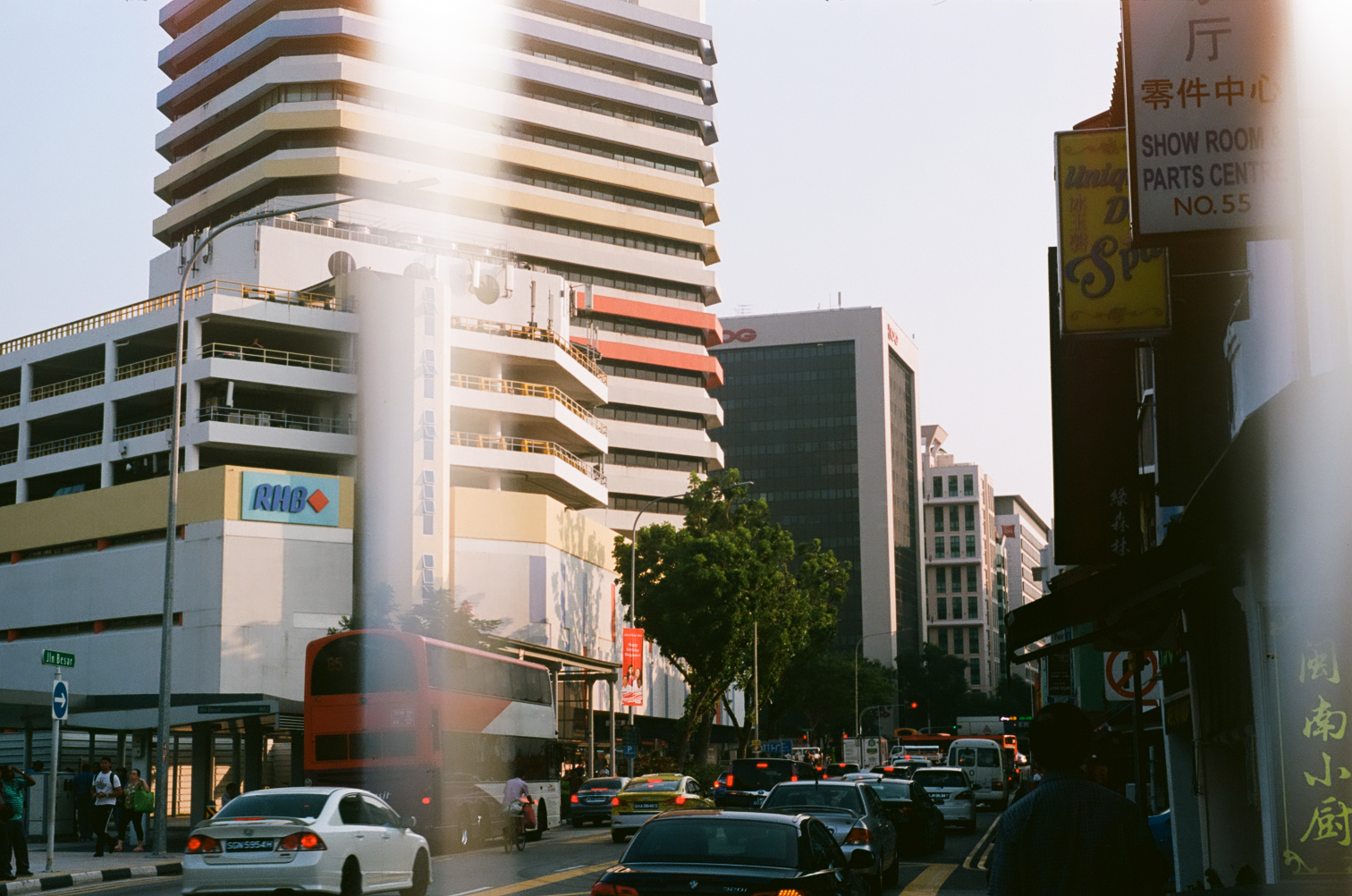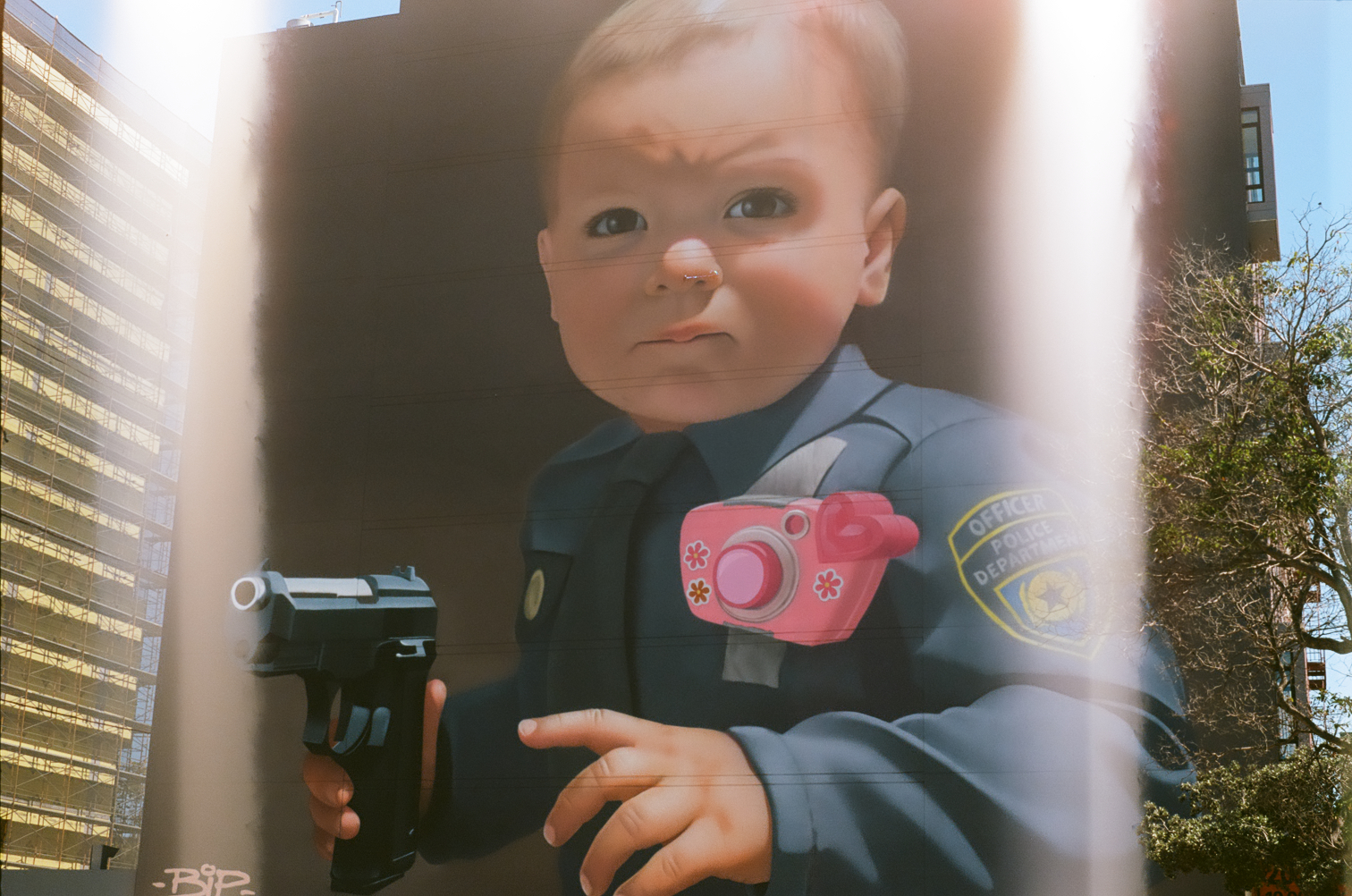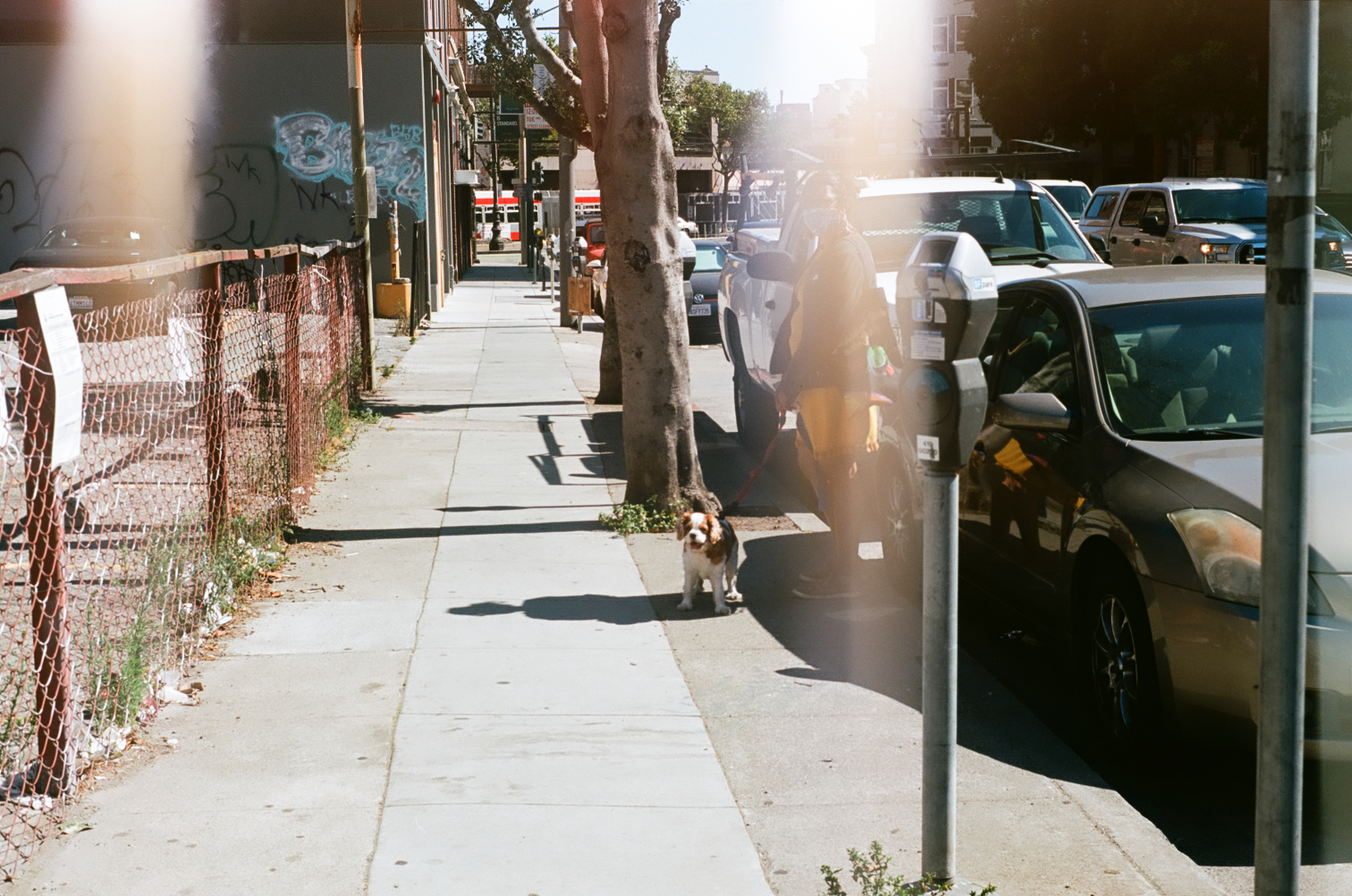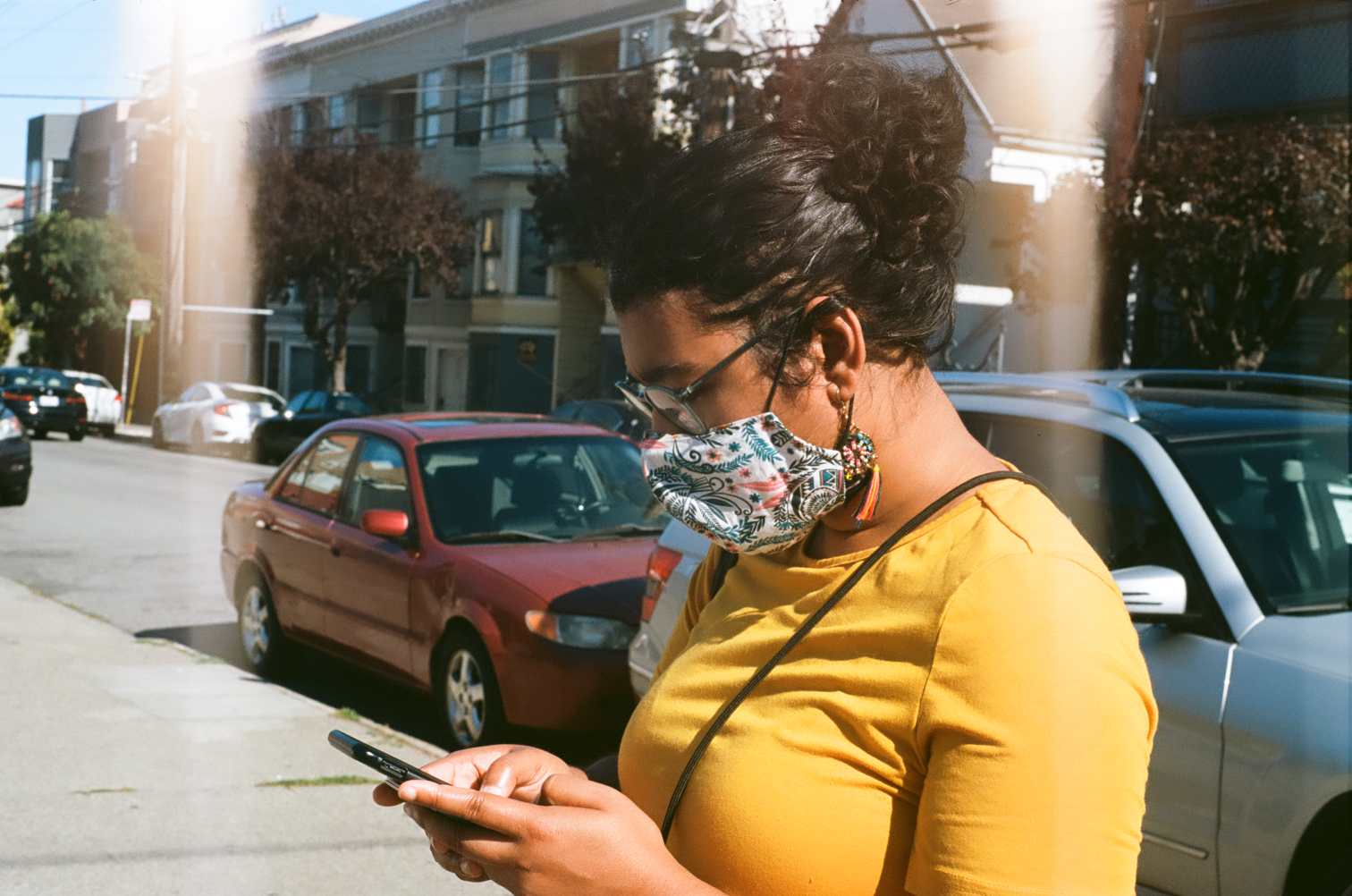In my younger years, meaning when I was a tween, I became acutely aware that my life would be different. I dated boys because I was supposed to, but whenever they said they loved me or that they wanted to marry me, I just shuddered. I don't like it when men sweat, I told them.
In hindsight, that was a big, red sign. I learned, in quick succession: I don't like it when men sweat. I don't like it when men sweat on me. I don't like the way men smell. I don't like men. Period.
When I was eighteen I felt like I was at a crossroads. "Am I bi? Am I gay? Am I... just a slut?" I could not tell. When you are a teenager, everything is possible. All doors are open. You can live anywhere, be anywhere, sleep with anybody.
And so on and on it went.
Eventually, I did find out: I am lesbian. I am a dyke. I will die on the hill of women-smells and women-sweat forever. I think I found that out when a man asked me to go to IKEA to pick out furniture with him. I told him he was really hot but, I would never go to IKEA with him, or with any man, now and always. It felt far more intimate than whatever we had gotten up to. I don't like man-sweat.
Even with that clarity behind me, I still had no clue what the hell I was supposed to do with that information. I lived in Singapore; I had gone abroad. I had flirted with the idea of going somewhere else. Nothing seemed clear. That sort of clarity, about what I would do and how I would do it, would only come later. (Again, that moment struck me like a thunderbolt, out of nowhere. It just did, and I don't know when it did.)
Yet I clung on to the idea of being thirty five as the day I should have 'figured it out'.
Maybe I did?
I have figured it out, in that I have learned that my sexual orientation, which once defined me as a person, continues to be a political position but it is not the entirety of who I am.
I have figured it out, in that I am married to a woman and we have a dog and a cat, just like I imagined when I was a wee tween, but I came to that very differently as well.
Dating in Singapore was strange, but not unlike being queer in any other major city. I was.. comfortable. I went on a few dates a week. At 35, I feel tired even thinking about the amount of energy I put into dating in my 20s. But it felt like the sort of thing to do a couple of times and get over with.
Love came to me in a way I could have never imagined. I was used to meeting women on the apps, meeting women in queer bars, meeting women everywhere I went, everywhere. But I had not yet done the classic queer woman move: I had not yet dated a woman who had dated the friend of a woman I had dated.
Who knew that would have solved all my problems?
From there, we went: Yishun, to Bali, to Bandung, to Kuala Lumpur, to Jakarta and then to San Francisco.
Our love (and life) here is exciting for the most part. It is also mundane in some ways. Gone are the days when I would stay up till 4 in the morning, excitedly watching soccer or drinking tea or poisoning my body and my brain in some other way. Instead, I run, skip, walk for miles in the beautiful city with my dog, and sleep ten hours a day. It helps.
It also helps, I think, that I finally have a job where my interests (doing good things that help people) with my skills (product management and mucking around with software generally) intersect. It truly makes a difference.
Even if I could not have foreseen that we would live in this country at its most vulnerable, in that it has a narcissistic Anti-Christ-like grifter at its helm, our life in its most expensive coastal city is generally... nice.
I stay up some nights trying to figure out what the hell is going on. Maybe it's nice to note that at 35, the things that will confuse me are external, instead of inside my head. Anything can happen in the next couple of days, weeks, months. There are some challenges relating to being a queer transnational couple and work visas and pets and things like that, but I'm still glad we have what we have.
Being able to live for the last two years, as we have, as a queer family with legal recognition (and insurance!), has been more than I imagined. At eighteen, or at any other time. The world goes on. I am a year older.
But this year, I am way better off than any version of 35 I imagined for myself.

